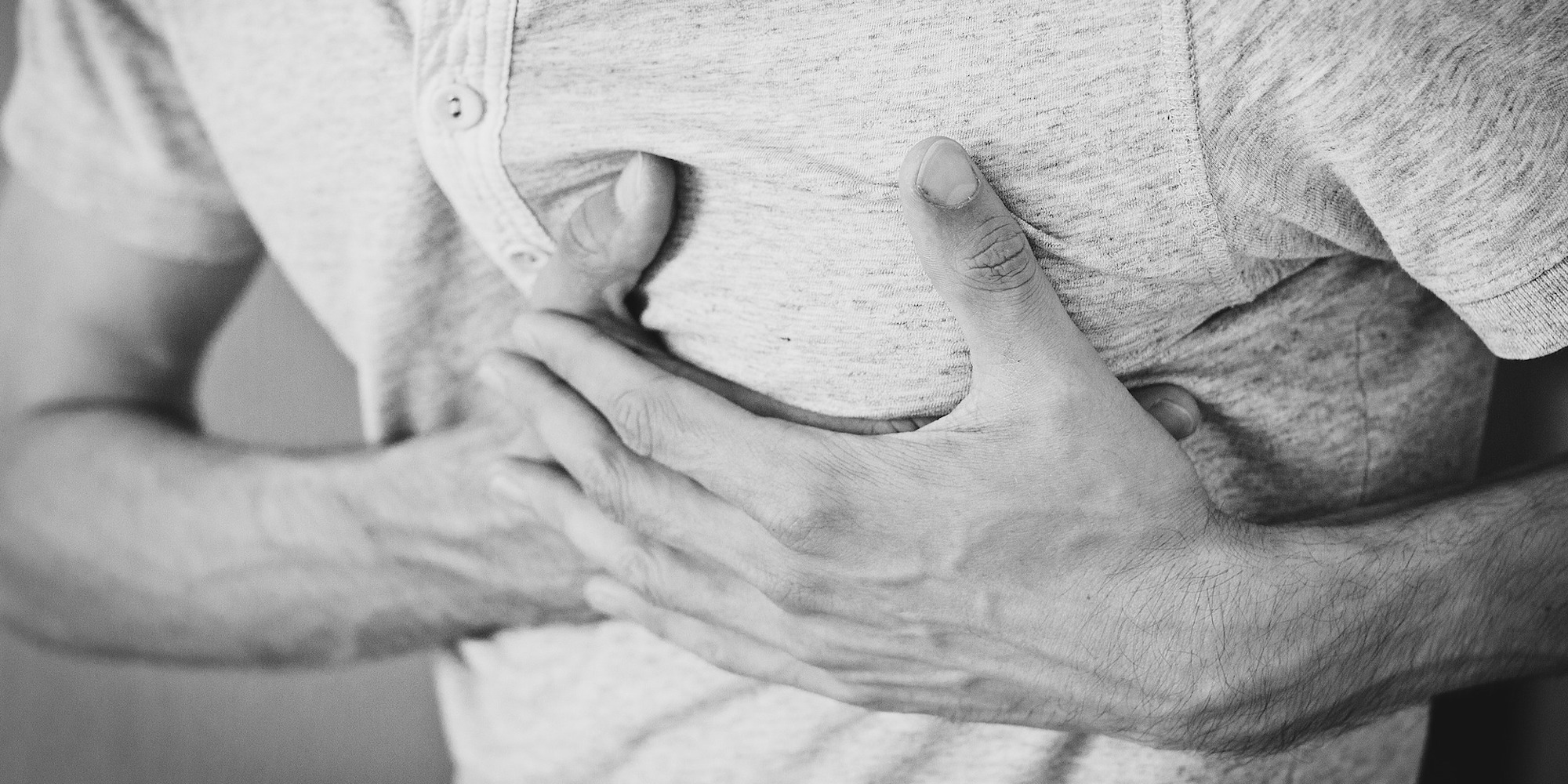Despite major advances in cardiology, there are still 4 to 5 million sudden deaths worldwide each year, but many deaths could be avoided, several experts say in the Lancet on Sunday. This mode of death is mainly the consequence of a heart disease, sometimes unrecognized, causing the heart to race and the victim to collapse in cardiac arrest. While the number of these deaths has remained generally stable for years, the chances of survival could improve very significantly, say around thirty experts in a special issue of the medical journal.
Sudden death “occurs unexpectedly, within an hour of the first symptoms”, explained to AFP Eloi Marijon, professor of cardiology at Paris-Cité University and researcher at Inserm, who coordinated this set of specialists. “It’s typically the person who gets up in the morning well and suddenly collapses in the subway on the way to work,” he illustrated. Myocardial infarction (or heart attack) represents the cause of sudden death in about three quarters of cases, but hereditary heart diseases are frequently identified in the youngest victims, sometimes an “electric” defect of the heart.
40,000 sudden deaths in France
In total, there are approximately 40,000 sudden deaths per year in France. The survival rate after cardiac arrest is about 10%. According to the Lancet article, which aims to guide the medical and scientific communities as well as public health actors, our ability to predict the event should be improved by using as much data as possible that has been neglected until now. “The majority of deceased people are not autopsied. However, if we want to predict better, we must better understand the mechanisms, therefore be able to analyze more data”, explained Eloi Marijon.
Conversely, the key factors that allow better survival – once cardiac arrest has occurred – are simple and well known: immediate cardiac massage by the witness and the use of a consumer defibrillator before the arrival of rescue. “Recent studies show that in the event of massage and defibrillation in the minutes following the event, we can achieve more than 80% survival”, insisted Eloi Marijon recalling that “we lose 10% chance of survival at every minute that passes”. “We must educate the population, install defibrillators in all public places,” he pleaded.
The objective is to succeed in gradually resuscitating “20 then 30%” of people and thus reduce the total number of sudden deaths. Among the other recommendations: take better account of a number of neuro-psychological sequelae that persist after cardiac arrest and identify possible hereditary heart diseases.
